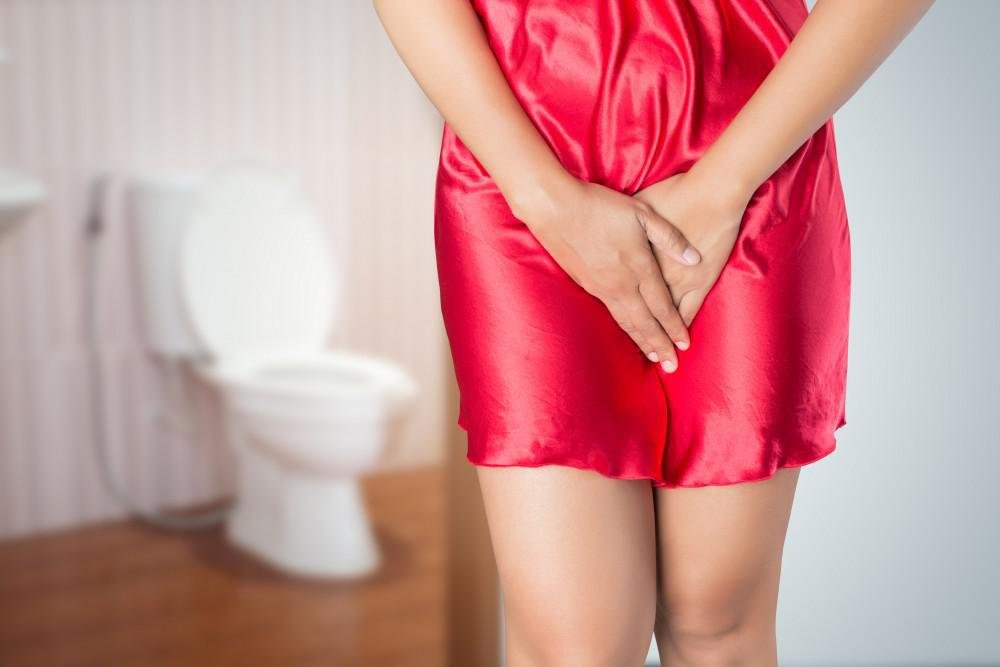Your Diet Could Be Causing Your Urinary Incontinence
If you have trouble with urinary incontinence — a loss of bladder control — there’s something you may not know: Your diet can contribute to it. Some dietary habits that can affect urination are obvious, such as how much water you drink. But there are other habits that can also have a big impact. In this blog, Neeraj Kohli, MD, of Boston Urogyn, explains how changing your diet may be able to help relieve urinary incontinence.
The cause matters
Urinary incontinence can be caused by several underlying factors. For example, incontinence can be a side effect of certain medications. In that case, changing your diet won’t make much of a difference.
However, if you’re overweight, have chronic constipation, or have an irritated bladder, nutrition could be an important part of treating your urinary incontinence.
Beverages to reconsider
Beverages are one of the first elements of your diet to consider when you have urinary incontinence. Talk to Dr. Kohli about how much water you should be drinking. Dehydration can irritate your bladder, and of course, drinking too much can be problematic as well.
You may want to measure the amount of fluids you consume for a few days. A fluid diary can help you detect patterns and identify problems.
Research has produced mixed results about whether or not caffeine has an impact on urinary urgency. Cutting caffeine does help some people, and there’s certainly no harm in finding out if you might be one of them.
Carbonated beverages, whether they contain caffeine or not, can irritate your bladder. Removing them from your diet could improve your symptoms.
Much like caffeine, the evidence regarding alcohol and a link to urinary incontinence is unclear. But, there are many well-documented risks associated with alcohol, so again, there’s no harm in eliminating it. It may help with your urinary symptoms, and you may find there are other benefits.
Foods to avoid
Certain foods have been linked to urinary incontinence, according to the National Association for Continence. For example, acidic foods, such as oranges, limes, and other citrus fruits, may irritate your bladder. Others include:
Tomatoes or tomato-based foods, such as marinara sauce
Corn syrup
Milk and milk products, such as cheese and yogurt
Chocolate
Honey
Spicy foods
It’s important to note that not all foods that have been associated with bladder irritation are problematic for everyone. You may find that you tolerate milk fine, but you need to avoid citrus. Everyone is different.
Just as keeping a diary of the fluids you consume can be helpful in pinpointing issues, you may find that keeping a food journal can also be helpful in figuring out which, if any, foods irritate your body.
A healthy diet
One of the most important ways to positively impact your overall health is to consume a healthy diet that is rich in leafy greens, lean protein, vegetables, and fruit in appropriate portions. If you need to lose weight, a nutritious and well-balanced diet is critical.
A healthy diet can also improve symptoms of constipation, which can also be a factor in urinary incontinence. Increasing the number of servings of vegetables and fruits you eat can have a positive impact on the amount of fiber you consume, and a diet rich in fiber is usually healthy.
If you have questions about your specific situation and whether it’s possible your diet is contributing to your urinary incontinence, book an appointment online or over the phone with Boston Urogyn today.

